|
The cheese course group arrived 45 minutes late at Daniela’s dairy. She had already added the rennet, the enzyme that speeds up coagulation of the curd, to have the curd ready for our planned arrival time. Now it was past its best. We feared we’d ruined her day’s production of cheese. Daniela’s youthful appearance belies years of experience making cheese. She knew the curd couldn’t be used to make a hard cheese to be matured for several months, so we used it to make some soft cheeses: stracchino and raviggiolo. I first went to visit Daniela Pagliai at her organic farm I Taufi early last June. I had learned about it from the address on the wrapping of some exceptional butter I’d come across at a gastronomia in Ponte a Moriano near Lucca. The wrapping claimed the contents were ricotta, so I assumed Daniela also made cheese, and I warmed to a person who wasn’t uptight about precision labelling. (Not that ricotta is cheese, but you have to make cheese first and then use the whey to make ricotta.) The address of the farm was Melo. I didn’t know Melo, but I’d been to the picture postcard town of Cutigliano from which you ascend the Pistoiese slopes of the Apennines, it seems like forever, to get to Melo. What appears on the map to be at the edge of civilisation, turned out to be a hub of pastoral activities with Daniela at the centre. On this first meeting she appeared self-possessed, only mildly curious about my tours and calmly accepting of my request to bring clients to watch her make cheese, as if life often brought novelties to her door. A warm honesty flowed from her candid smile and guileless eyes. She showed me her modern dairy, the maturing room and the cows in the barn. Her younger daughter clung to her apron; the older one arrived home from school. I was much more curious about her than she about me. In the dairy she had fondled a spino, the wooden stick traditionally used to cut curds, so I knew she respected tradition. I asked diffidently whether the cows ever went outside, and was relieved to hear they still practise transhumance, taking the cows to alpine pastures a couple of hours’ walk above where we were now. The cows have to wait until school is out and the whole family can up stakes and move to their summer home. We went to see it without them. On a shelf I noticed a slim book entitled Come le Stagioni: Daniela Pagliai (Like the Seasons), a biography of her written by a friend from Pistoia in the form of an interview. I bought a copy and learned she was practically born making cheese. During school holidays she and her dog herded her father’s sheep. By the time she was 14 she was in charge of the pigs and all the phases of cheesemaking on the family farm. At 16 she married Valter and discovered that his contribution to the marital economy was a herd of milk cows. She moved to her in-law’s farm and transferred her cheesemaking skills to cow’s milk. After five years she and Valter realised their dream of buying their own farm and becoming organic. In the book she sums up her philosophy of life: ‘I think there are many types of “love” all led by the heart. Without its beating, there can be no beginning. I’m not talking only of the beating that pumps blood through our veins, but also the beating for our children, our parents, our house, our land, our work, which are all united in one thing: love. ‘How can I explain to you how much I love my life and my work? How can I make you understand what I feel for my children and my husband? For nothing else in the world and no other life in the world would I change my own life and these loves. ‘For me life is like the seasons: moments of joy are like the flowers and perfumes of spring and like the ripening of its fruit and the embrace of the hot summer sun. Moments of melancholy are like the autumn with its rain, which sometimes also streams from my eyes, and like the winter, because you have to move with the rhythm of the snow, delicately placing your feet like the large snowflakes descending joyously from the sky, sprinkling the roof and our valley, and walking, walking lightly, toward a new spring.’ There was still snow on the ground when I took Giancarlo Russo to visit Daniela in preparation for our new cheese course. He approved, and Daniela became part of the course in which Giancarlo teaches the theoretical sessions. For more information about the Theory and Practice of Italian Cheese course: http://www.sapori-e-saperi.com/courses_with_artisan/theory-practice-of-italian-cheese/
My thanks to Kirby Piazza for his photographs of Daniela and the farm.
0 Comments
Your comment will be posted after it is approved.
Leave a Reply. |
Email Subscription
Click to subscribe to this blog and receive notifications of new posts by email. AuthorErica Jarman Categories
All
Archives
October 2023
|
|
copyright 2017 sapori-e-saperi.com | all rights reserved
|
Website by Reata Strickland Design

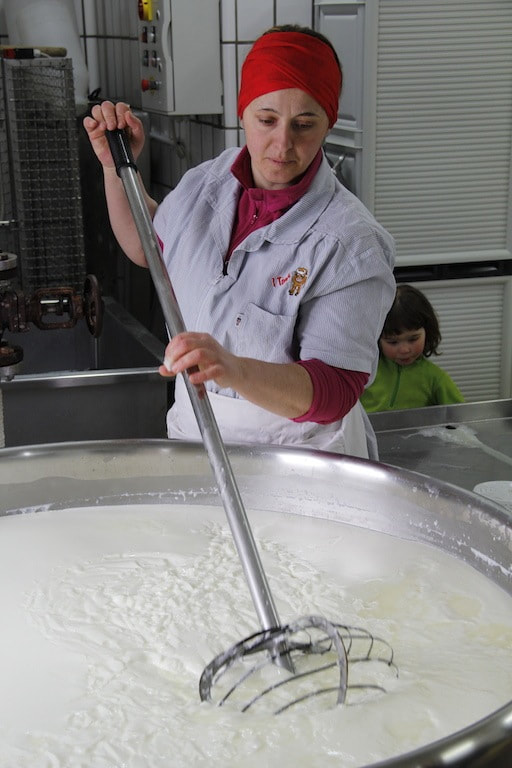
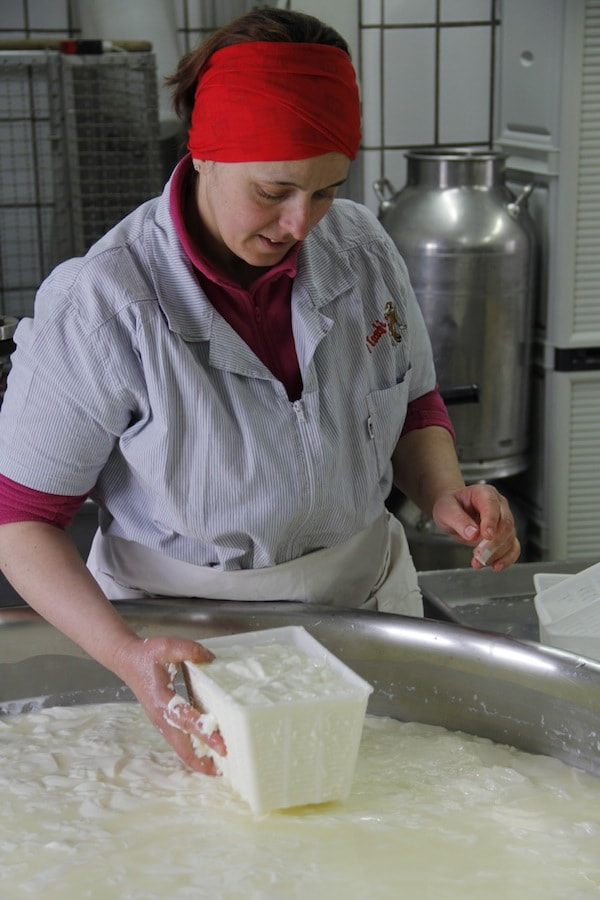
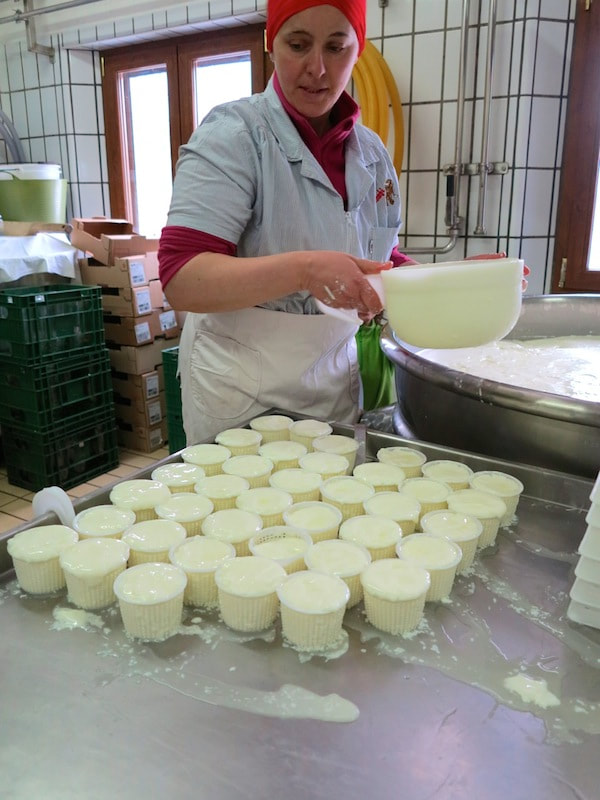
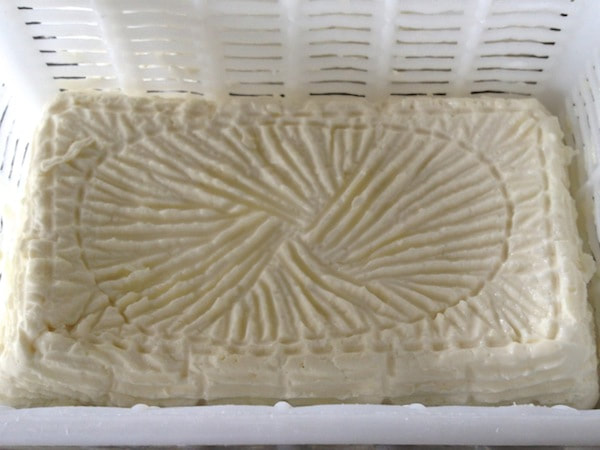
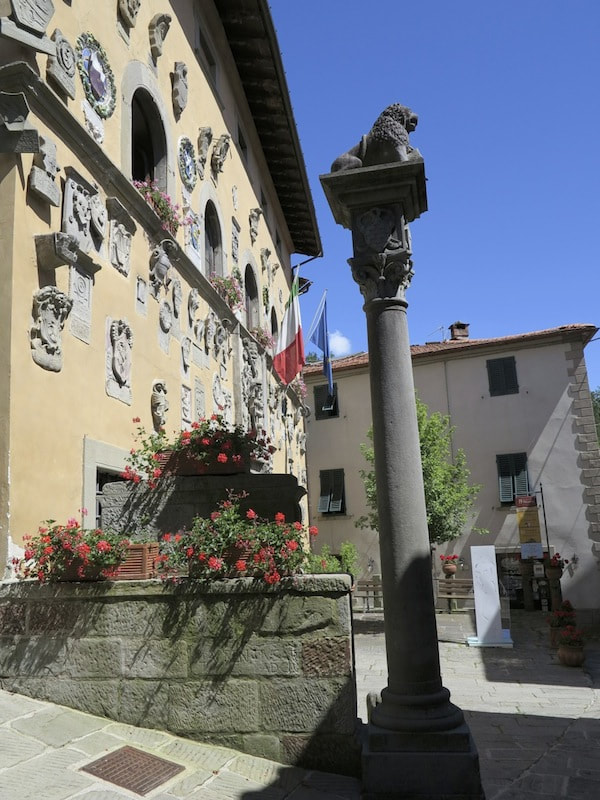
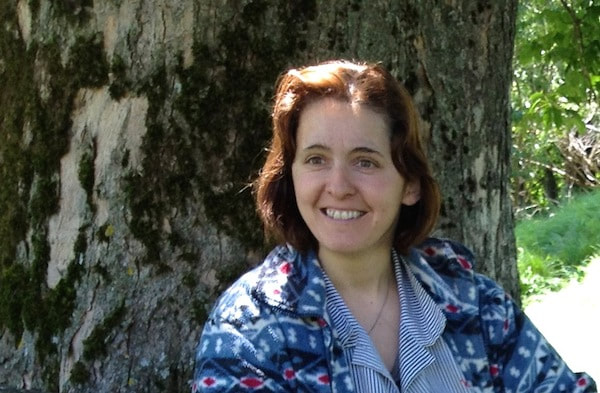
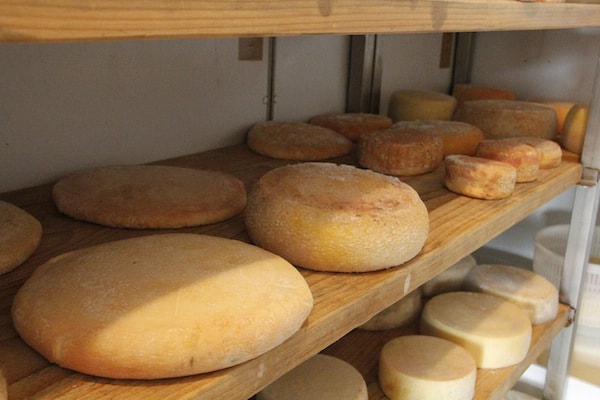
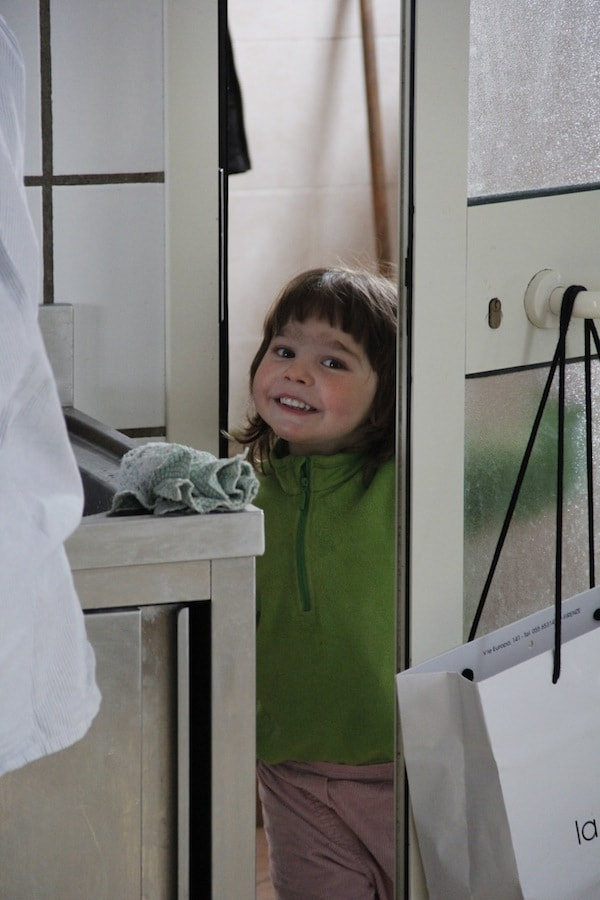
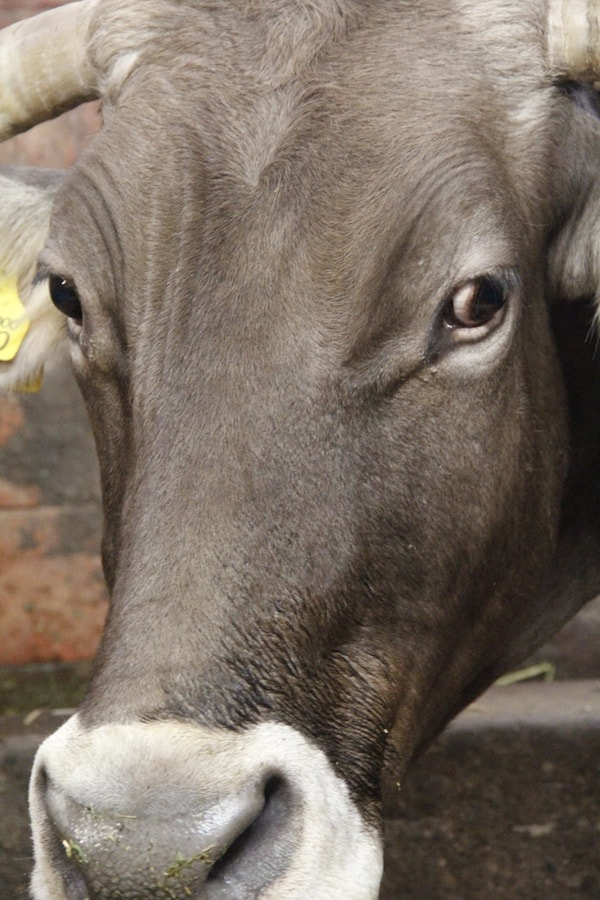
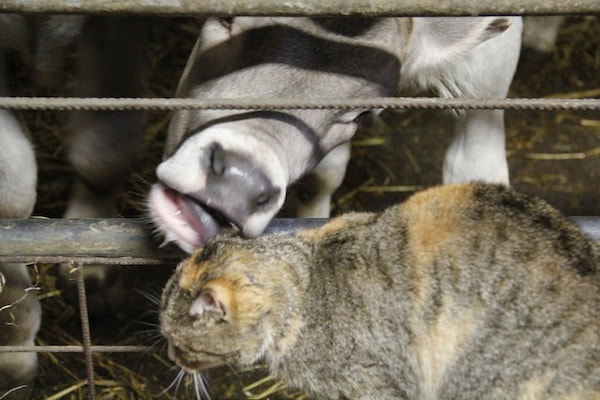
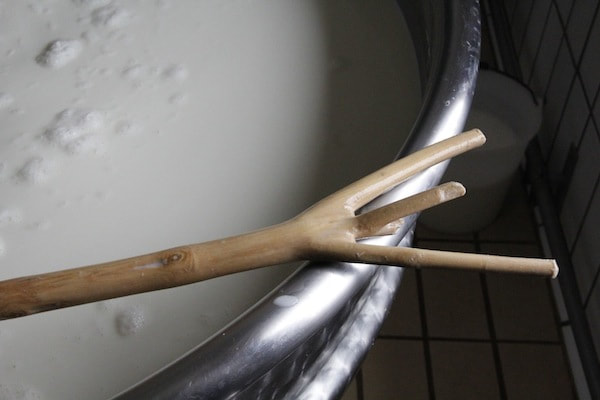
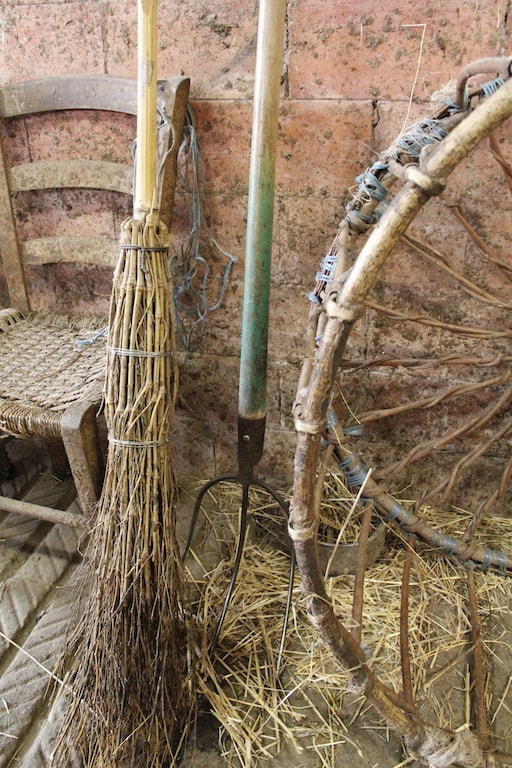
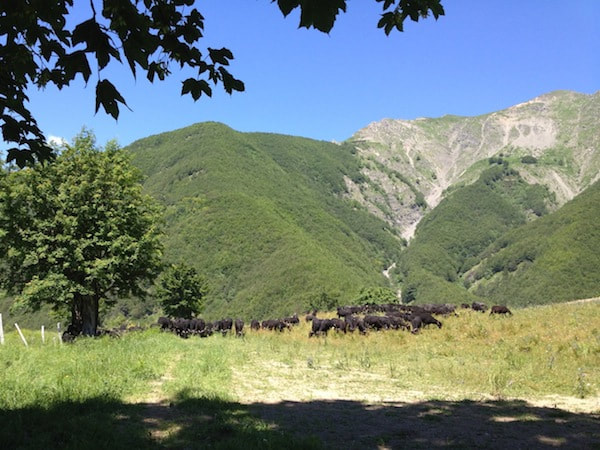
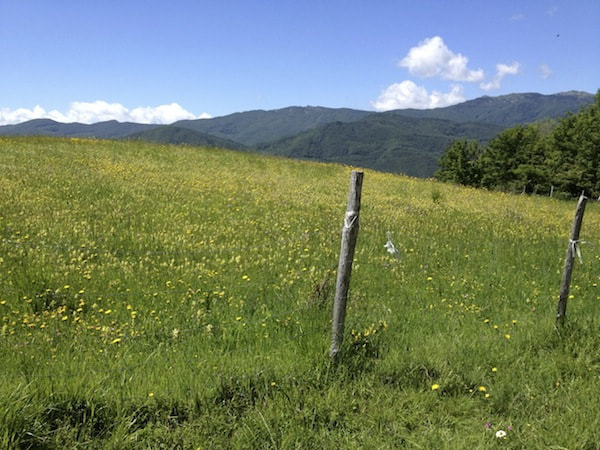
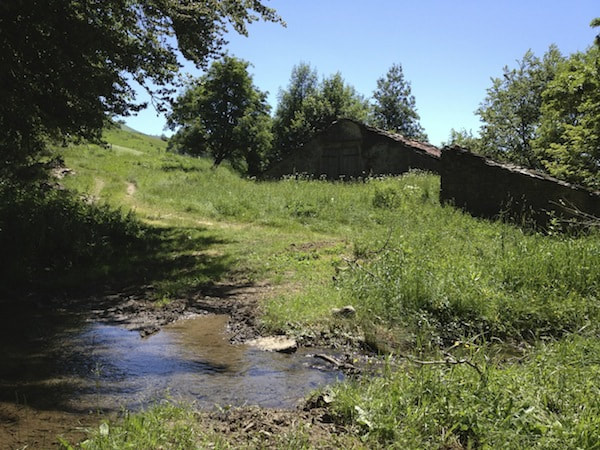
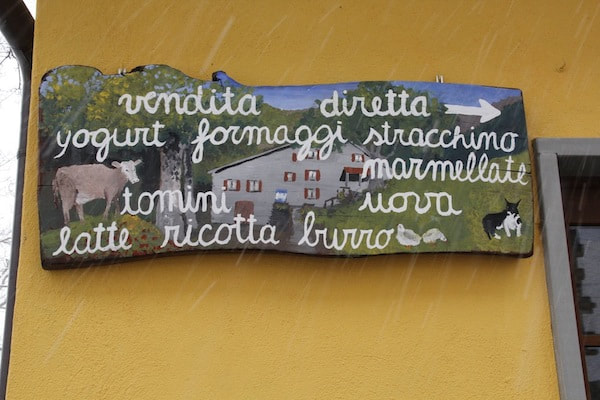
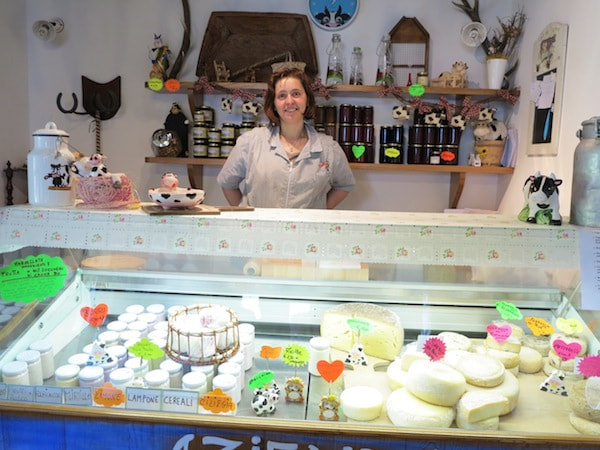
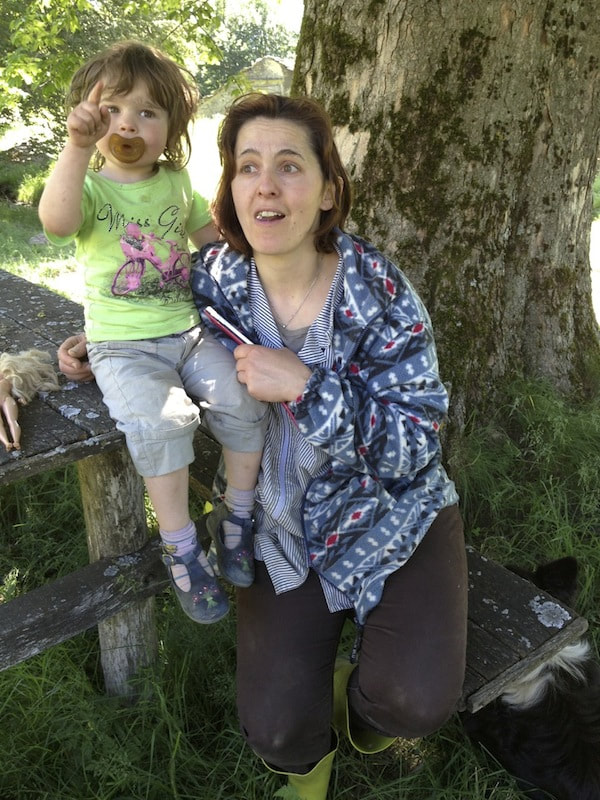
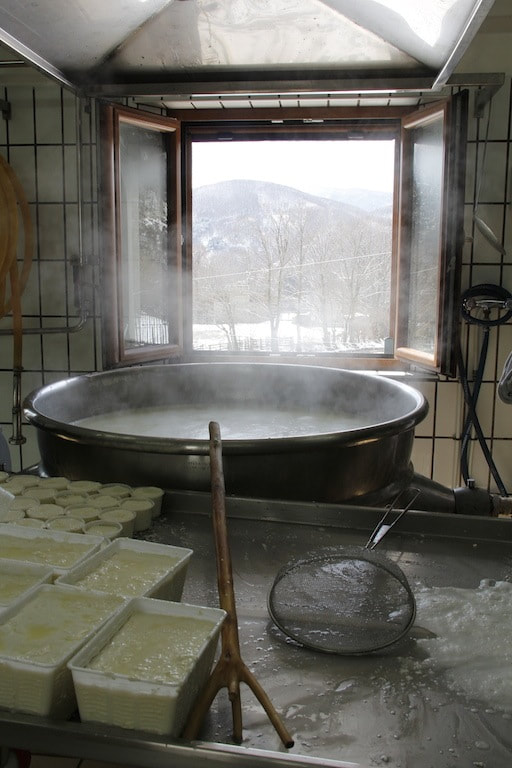
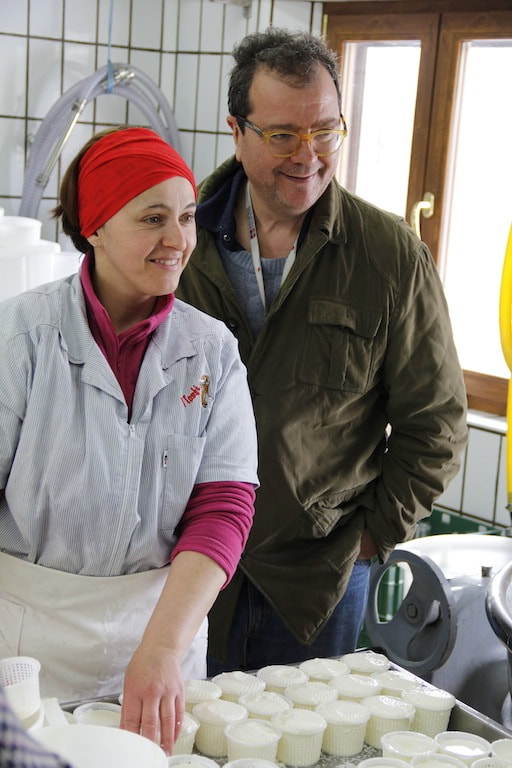
 RSS Feed
RSS Feed



